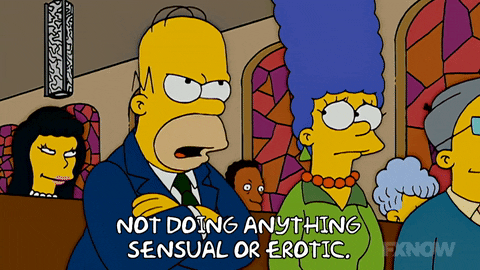Holy Longing and Theological Pearls
This is the first in a three-part exploration of desire, control, and intimacy. Join me as we unpack centuries of religious conflation and reclaim what was always meant to be sacred.
Me, every time I try to talk about sacred desire and everyone around me clenches their theological pearls…
Keep reading with a 7-day free trial
Subscribe to Nicole J Richardson to keep reading this post and get 7 days of free access to the full post archives.


